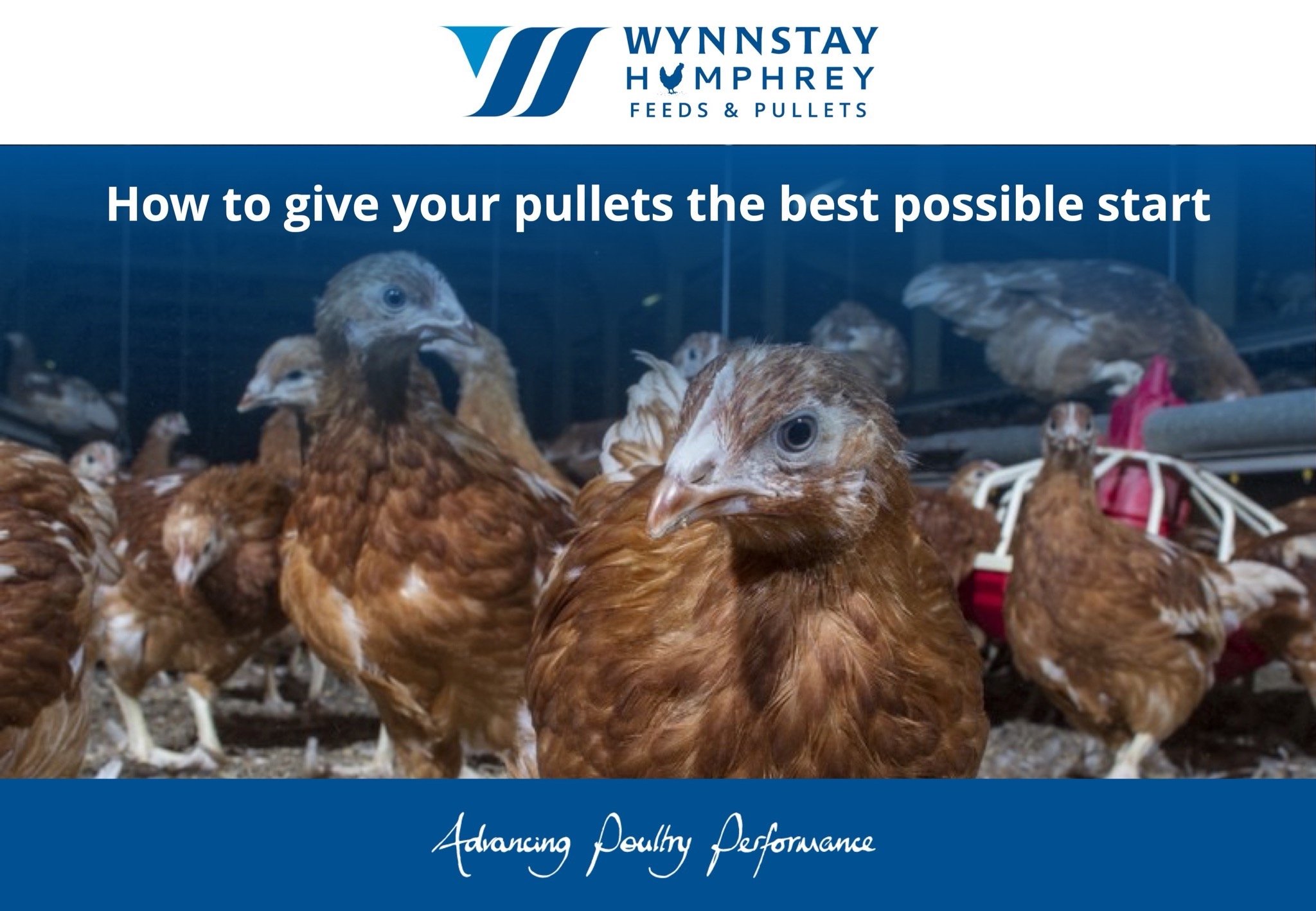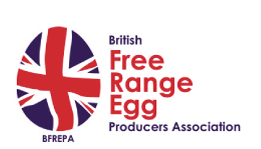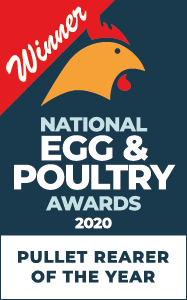How poultry farmers can mitigate the impacts of climate change
Heat stress in flocks can tip the ever-finer balance of financial success for poultry farmers. Temperature and relative humidity play an important role in maintaining bird health, and climate changes mean it is more vital than ever to manage flocks proactively through the summer months. So, what practical steps do poultry specialists recommend to help keep your birds cool?
Higher temperatures in the UK
Professionals in animal husbandry across the UK are being forced to adapt to global climate changes. Extreme heat events such as heatwaves and record high temperatures are becoming more frequent, long-lasting, and intense[1]. Only by keeping good data, and reacting quickly to such heat, can poultry farmers help their flocks avoid heat stress.
The impact of heat stress on laying birds
Heat stress occurs when the combination of heat and relative humidity prevents birds from maintaining their normal body temperature. Physiological responses include an increased heart rate and panting, with weakening of the immune system and an impact on their carefully balanced consumption of feed and water.
These changes mean that egg production and shell quality are compromised by heat stress, whilst farmers also face the practical challenges of ensuring that heat-wave eggs are stored at sufficiently cool temperatures to maintain quality standards.
Nutritional strategies to mitigate the effects of heat stress
Maintaining a careful balance of appropriate nutrition and additives in feed and water is clearly essential at times when birds may be less inclined to eat, or require more to drink. As your feed supplier we are well-placed to advise on adjustments such as nutrient density and grist presentation that will ensure an optimum feed conversion ratio during hot weather, whilst steps such as adding electrolytes to water lines can combat the draining effects of hot weather.
However, Steve Clout, who leads the team of Poultry Specialists here at Humphrey Feeds & Pullets, says there is much more that poultry farmers can do.
“We support laying farms across the UK and consistently see that farmers who monitor their flocks carefully and react quickly to weather forecasts can make a real impact on production.”
So, here are the top practical tips from our Poultry Specialists.
Practical steps to avoid heat stress
The aim is to keep the birds cool, so that heat stress is avoided and feed intake and production are not affected. By making timely checks and preparations for hot weather farmers can maximise their chances of keeping their flocks stress-free.
Encourage birds to range
Birds who are ranging well are likely to find cool shade and be able to manage their internal temperature more effectively than those remaining in the house, where heat-absorbing roofs can increase temperatures quickly during the middle of the day. “Encouraging birds to go out and range at an early stage can reap rewards in periods of hot weather,” says Steve.
Check ventilation systems
Ventilation systems are designed to work efficiently with the pop-holes closed, so during hot weather air being drawn in at this lower level can change the flow. As the weather heats up, temperatures at bird level (including ground level and at the top of tiered systems) should be checked at regular intervals, and air flow verified to ensure that a flow of fresh air removes stale air from inside the house and continues to keep birds cool.
Maintain flow of cold water
Like us, birds drink more water in hot weather but find warm water unpalatable. Access to cold, fresh water is therefore essential. Regular flushing of water lines, including header tanks in the roof that can quickly overheat, will encourage birds to drink freely.
“Don’t forget to check that they are drinking enough,” adds Steve: “most houses have water meters which allow you to monitor consumption – and may also help spot leaks.”
Bacterial growth can also be a problem in warm water. It is important to flush with a waterline cleaner after electrolytes have been added to water supplies, to ensure that these do not encourage further bacterial growth.
Limit activity at hottest times of the day
Managing movements carefully to avoid the hottest days and times of day will benefit flocks and farmers alike by limiting additional stress. This applies to all activities, including managing feeding to minimise the added metabolic heat production from digestion. It is often suggested that feeding be moved to cooler times such as the early morning and evening, but our Poultry Expert for the Central region, David Hope, finds this impractical.
“It is much better to monitor levels in the feeding system throughout the day, and simply run feed when necessary, rather than on a schedule. This avoids any stress the birds might feel from disruption of their normal routine, and allows you to gauge feed intake more accurately at a time when intakes might be depressed.”
Plan ahead
Above all, Humphrey Feeds & Pullets’ Poultry Specialists promote keeping a watchful eye on the weather.
“Forecasts can usually predict hot weather up to five days ahead,” says David. “By taking precautions at that early stage, farmers can build resilience into their birds.”
Our most productive farmers are meticulous about data and act quickly as soon as they see hot weather coming - actively checking ventilation and water systems, and taking steps such as adding electrolytes to the water supply several days before a hot spell. Given how quickly birds react to any changes, being well prepared can make all the difference to the health and productivity of flocks.
Managing a changing climate
Research suggests that our climate will continue to change, so poultry farmers must learn to manage the impacts. It is clear that nutritional and chemical adjustments play their part, but good old-fashioned attention to detail and a keen eye on weather forecasts still have an important role in maintaining productive and stress-free laying flocks.
For help with managing heat stress and getting the best from your birds, get in touch with your local Poultry Specialists – we provide friendly and experienced feed and bird management advice across England and Wales.
[1] https://www.metoffice.gov.uk/research/climate/understanding-climate/uk-and-global-extreme-events-heatwaves

















